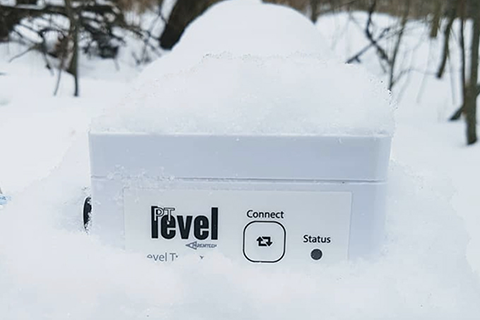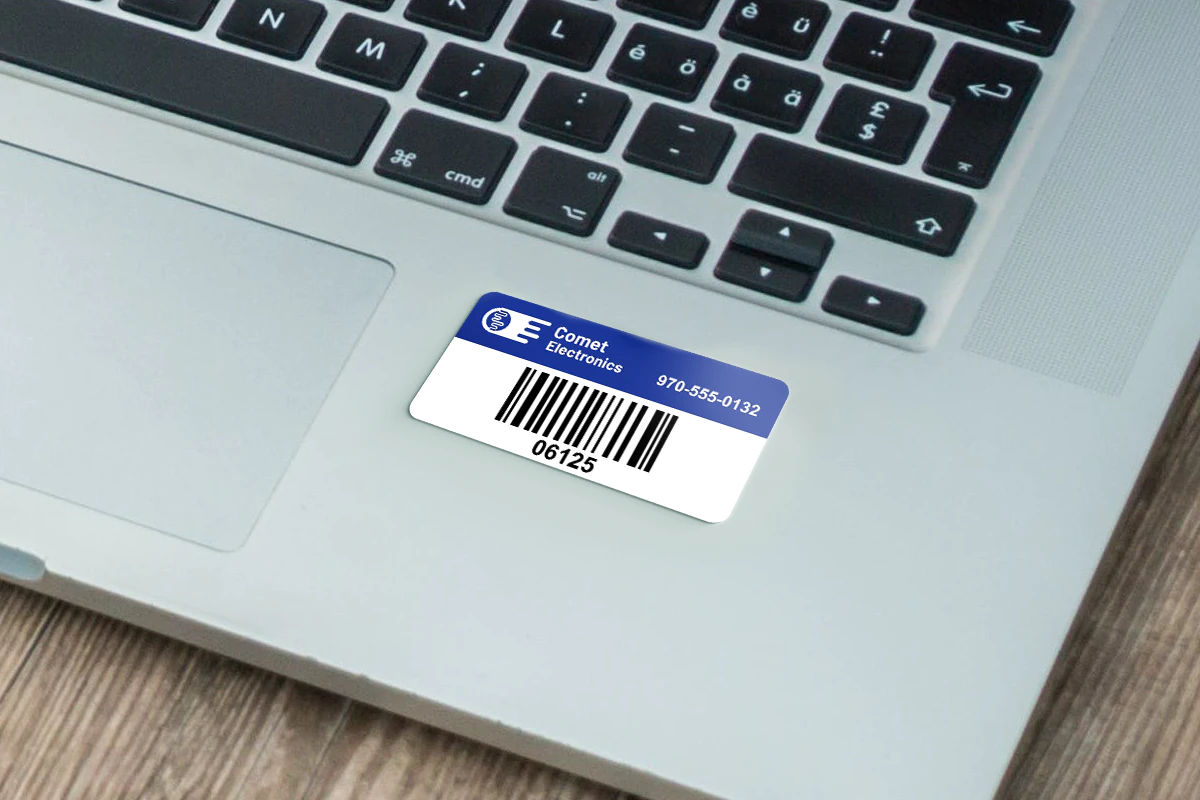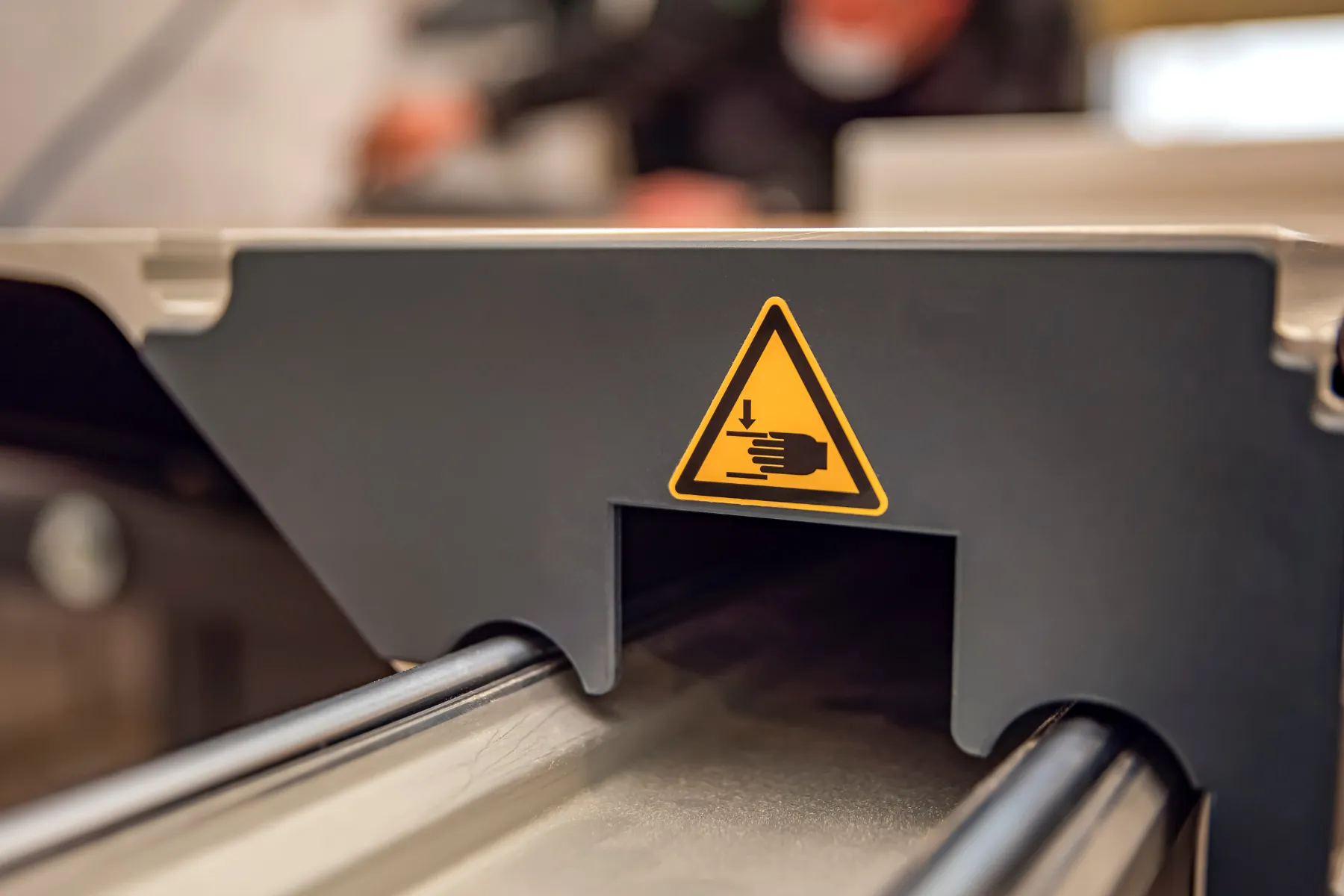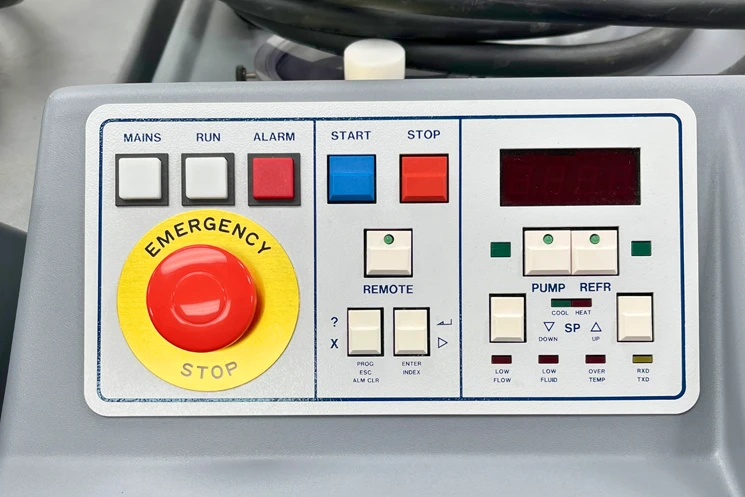Understanding Weatherproof Labels
Weatherproof labels are essential for many industries, ensuring that important information remains legible and intact despite exposure to harsh environmental conditions.
Whether you’re labeling products for outdoor use, industrial equipment, or consumer goods, understanding when and why to use weatherproof labels can save you time and money while maintaining the integrity of your labels.
In this article, we’ll dive into the essentials of waterproof labels, their applications, and how to select the right type for your needs.
What Are Weatherproof Labels?
Weatherproof labels are specially designed to withstand various environmental conditions such as rain, snow, UV rays, and extreme temperatures.
Unlike standard labels, weatherproof labels are made from durable materials like BOPP (Biaxially Oriented Polypropylene) or vinyl, which provide a higher resistance to weather elements. These labels are also equipped with strong adhesives that prevent peeling and fading over time.
Key Features of Weatherproof Labels:
✅ Durability: Resistant to tearing and wear.
✅ UV Resistance: Prevents fading from sun exposure.
✅ Water Resistance: Withstands rain and moisture.
✅ Temperature Tolerance: Functions well in extreme heat and cold.
✅ Chemical Resistance: Resistant to certain chemicals and solvents.
Key Benefits Weatherproof Labels
Weatherproof labels offer numerous benefits that make them ideal for challenging environments.
✅ Longevity: Designed to last longer than standard labels.
✅ Versatility: Suitable for a variety of surfaces, including metal, plastic, and glass.
✅ Clarity: Maintains print quality despite exposure to elements.
✅ Cost-Effective: Reduces the need for frequent replacements.
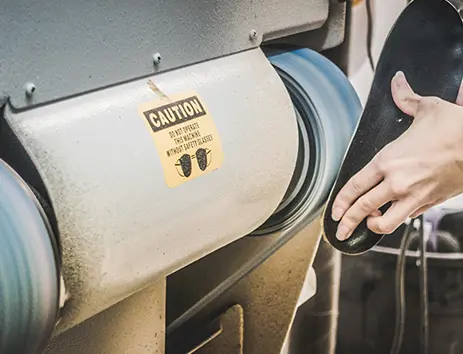
Construction Labels Example: A construction company uses weatherproof labels to mark tools and equipment. These labels remain intact despite exposure to dirt, rain, and heavy handling, ensuring that the information remains visible throughout the project duration.
Applications of Weatherproof Labels
Industrial and Outdoor Uses
Weatherproof labels are commonly used in industrial and outdoor settings where labels need to withstand harsh conditions. They are ideal for labeling machinery, equipment, and tools that are frequently exposed to the elements.
Examples:
Construction Sites: Labeling equipment, tools, and safety instructions.
Agriculture: Marking machinery and products that are stored or used outdoors.
Warehouses: Identifying storage racks, inventory, and hazardous materials.
Consumer Products and Packaging
In the consumer market, weatherproof labels are used for products that are stored or used in potentially wet or dirty environments. This includes food and beverage packaging, personal care products, and outdoor gear.
Examples:
Food and Beverage: Waterproof labels on bottles, jars, and cans that might be refrigerated or exposed to moisture.
Cosmetics: Weatherproof labels on beauty products that might be stored in bathrooms.
Outdoor Gear: Durable labels on camping equipment, sports gear, and other outdoor products.
Choosing the Right Weatherproof Label
Selecting the appropriate weatherproof label involves considering the specific requirements of your application. Here are some key factors to keep in mind.
Types of Weatherproof Labels
There are several types of weatherproof labels, each suited to different needs:
✅ BOPP Labels: Made from Biaxially Oriented Polypropylene, these labels are less expensive than vinyl and offer excellent durability and resistance to moisture and chemicals.
✅ Vinyl Labels: Highly durable and flexible, ideal for extreme conditions but more costly than BOPP.
✅ Polyester Labels: Known for their strength and resistance to tearing, suitable for industrial applications.
✅ Polyethylene Labels: Flexible and durable, often used for squeezable bottles and containers.
Comparison:
BOPP vs. Vinyl: BOPP is more cost-effective and sufficient for most weatherproof labeling needs, while vinyl offers superior durability for extreme conditions.
Polyester vs. Polyethylene: Polyester is stronger and more resistant to tearing, while polyethylene is better for flexible surfaces.
Factors to Consider When Selecting Labels
When choosing weatherproof labels, consider the following factors:
✅ Environmental Conditions: Assess the level of exposure to moisture, UV rays, chemicals, and temperature fluctuations.
✅ Surface Type: Ensure the label material and adhesive are compatible with the surface material.
✅ Durability Requirements: Determine the longevity needed for the label based on the application.
✅ Budget: Balance the cost with the durability and performance requirements.
Example: A marine equipment supplier might choose vinyl labels for their extreme durability and resistance to saltwater, while a cosmetic company might opt for BOPP labels for their cost-effectiveness and water resistance.
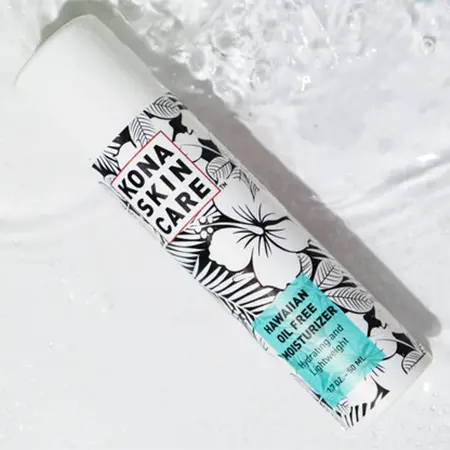
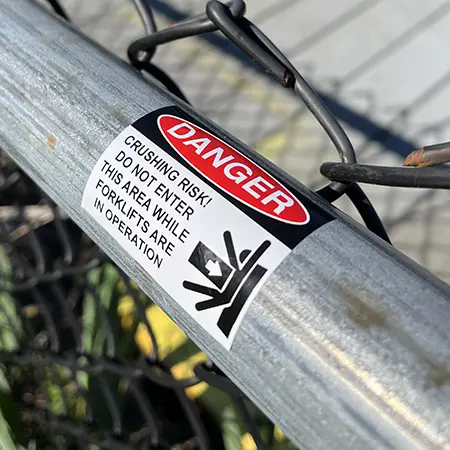
How to Waterproof Labels?
Waterproofing labels ensures they remain intact and legible in environments where they may encounter moisture, rain, or even submersion. Here’s how to create waterproof labels that withstand wet conditions effectively:
Choose Waterproof Materials
Vinyl and BOPP (Biaxially Oriented Polypropylene) are highly recommended for waterproof labels. These materials resist moisture absorption, preventing labels from smearing, peeling, or deteriorating when wet.
Polyester is another excellent option, offering durability against water and temperature extremes. Its resistance to both water and wear makes it ideal for outdoor applications.
Use Weatherproof Adhesives
To keep labels waterproof, select an adhesive that bonds securely, even on damp surfaces. Many adhesives designed for outdoor or industrial use maintain a strong hold, ensuring labels stay in place despite rain, humidity, or water exposure.
Avoid adhesives that may weaken with water contact, such as standard acrylic adhesives, unless labeled specifically for outdoor or waterproof use.
Apply a Clear Laminate or Overcoat
For an extra layer of protection, apply a clear laminate film over your label. This laminate prevents water from directly contacting the label’s surface, protecting the print from smudging or fading.
Thermal transfer overcoats or UV coatings also add durability and help waterproof your labels, shielding them from moisture, scratches, and UV damage.
Print with Waterproof Inks
When printing waterproof labels, pigment-based inks work best as they resist smearing or fading when exposed to water, unlike dye-based inks, which are prone to run.
Thermal transfer printing is an alternative method that uses resin-based ribbons. This process produces waterproof and smudge-proof labels ideal for industrial and outdoor use.
Test Labels in Real Conditions
Once you’ve created a waterproof label, test it in the conditions it will face. Expose a sample to water, varying temperatures, or other environmental factors to ensure it remains readable and intact.
By following these steps, you can create waterproof labels that withstand moisture exposure, ideal for applications ranging from food and beverage packaging to outdoor equipment labeling. Learn more about How to Make Waterproof Labels on our blog.
Waterproof Label Tips:
Avoid applying labels in extremely cold or hot environments to ensure the adhesive bonds correctly.
Use a squeegee or roller to smooth out the label and remove any air bubbles.
Additional Tips for Maximizing Label Performance
To get the most out of your weatherproof labels, consider these additional tips:
Store Labels Properly: Keep unused labels in a cool, dry place to maintain their adhesive properties.
Test Labels: Before a full application, test a few labels on your surface to ensure compatibility.
Regular Maintenance: For labels on machinery or equipment, regularly inspect and replace labels as needed to maintain visibility and compliance.
Use Protective Laminates: For extra protection, consider using a clear laminate over the label to protect against abrasion and chemical exposure.
Waterproof Labels FAQs
Weatherproof labels are designed to function in extreme temperatures by using materials and adhesives that remain stable and effective across a wide temperature range.
For instance, BOPP labels can typically withstand temperatures from -20°F to 248°F, making them suitable for both cold storage and high-heat environments. These labels maintain their adhesive properties and print clarity, ensuring they do not peel or fade.
Yes, many weatherproof labels are resistant to chemicals and solvents. Materials like polypropylene and vinyl are particularly effective at withstanding exposure to harsh chemicals, oils, and cleaning solvents. This resistance ensures that the labels remain legible and intact even when exposed to industrial cleaning processes or chemical spills.
Common uses of weatherproof labels include:
Industrial labeling: Marking machinery, tools, and hazardous materials.
Outdoor products: Labeling equipment and products exposed to weather elements.
Consumer goods: Labeling items like food containers, personal care products, and outdoor gear.
Logistics and shipping: Ensuring labels remain intact through various environmental conditions during transit.
To apply weatherproof labels effectively:
Clean the surface: Ensure the application surface is clean and dry to promote strong adhesion.
Apply evenly: Place the label on the surface and smooth it out to avoid bubbles or wrinkles.
Pressure: Apply firm pressure to ensure the label sticks well.
Curing time: Allow adequate curing time for the adhesive to bond fully, especially in extreme conditions.
Wrapping Up
Weatherproof labels are a vital tool for many industries, ensuring that important information remains visible and intact under harsh conditions. By understanding the different types of weatherproof labels and their applications, you can make informed decisions to meet your labeling needs effectively.
Whether you’re in construction, manufacturing, retail, or any other sector that demands durable labels, investing in high-quality weatherproof labels can enhance the longevity and reliability of your product identification and branding efforts. For more information and to explore our range of weatherproof labels, visit Maverick Label.
